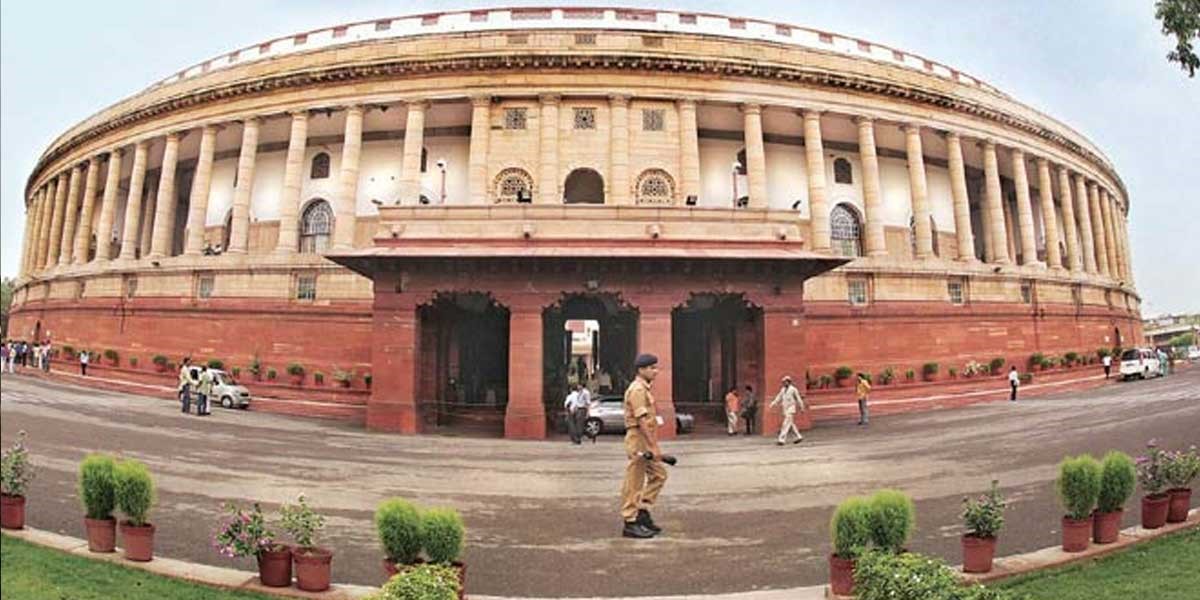Governor’s Power over State Bills
27, Apr 2023

Prelims level : Governance - Policies
Mains level : GS-II Functions and responsibilities of the Union and the States, issues and challenges pertaining to the federal structure, devolution of powers and finances up to local levels and challenges therein.
Why in News?
- Recently, the Supreme Court (SC) have observed that bills sent to the governor for assent must be returned “as soon as possible” and not sit over them, causing Gubernatorial Procrastination and making state Legislative Assemblies wait indefinitely.
About the News:
- The SC observed as a part of judicial order in a petition filed by the State of Telangana complaining that the Governor has kept pending several important Bills sent.
What are the Governor’s Powers over State Bills?
- Article 200: Article 200 of the Indian Constitution outlines the process for a Bill passed by the Legislative Assembly of a State to be presented to the Governor for assent, who may either assent, withhold assent or reserve the Bill for consideration by the President.
- The Governor may also return the Bill with a message requesting reconsideration by the House or Houses.
- Article 201: It states that when a Bill is reserved for the consideration of the President, the President may assent to or withhold assent from the Bill.
- The President may also direct the Governor to return the Bill to the House or Houses of the Legislature of the State for reconsideration.
Options Available with the Governor:
- He may give assent, or he can send it back to the Assembly requesting it to reconsider some provisions of the Bill, or the Bill itself.
- He may reserve the bill for the consideration of the president.
- The reservation is obligatory where the bill passed by the state legislature endangers the position of the state high court.
- However, the governor can also reserve the bill if it is of the following nature:
- Against the provisions of the Constitution
- Opposed to the DPSP
- Against the larger interest of the country
- Of grave national importance
- Deals with compulsory acquisition of property under Article 31A of the Constitution.
- Another option is to withhold the assent, but this is not normally done by any Governor because it would be an extremely unpopular action.
What is the SC’s Observation?
- While referring to the first proviso to Article 200 of the Constitution, the SC mandated that Governors should not delay over Bills sent to them for assent after they had been passed by Legislative Assemblies.
- They should be returned “as soon as possible” and not sit over them.
- The expression “as soon as possible” in this article has significant constitutional intent and that constitutional authorities should keep this in mind.
What are Recent Instances of Gubernatorial Procrastination?
- Also Tamil Nadu Assembly passed a resolution urging the President of India, among other things, to fix a timeline for assent to be given to Bills passed by the Assembly.
- For instance, in the TN Governor forwarded the Bill for exemption from the National Eligibility cum Entrance Test (NEET) to the President after considerable delay.
- In Kerala, the situation has become a bit curious with the Governor publicly announcing that he would not give assent to the Lokayukta Amendment Bill and the Kerala University Amendment Bill.
What are the Legal Arguments against Delaying Assent?
States’ Constitutional Obligation:
- The Governor’s inaction on bills passed by the Assembly creates a situation where the state government is unable to function in accordance with the Constitution.
- If the Governor continues to fail to act in accordance with the Constitution, the State government has a constitutional obligation to invoke Article 355 and notify the President, requesting that appropriate instructions be issued to the Governor to ensure that the process of government is conducted in accordance with the Constitution.
SC Ruling:
- Under Article 361 of the Constitution, the Governor has complete immunity from court proceedings for any act done in the exercise of their powers.
- This provision poses a unique situation when a government may need to challenge a Governor’s action of withholding assent to a Bill.
- Hence, the Governor, while declaring that s/he withholds assent to a bill, will have to disclose the reason for such refusal; being a high constitutional authority, s/he cannot act in an arbitrary manner.
- If the grounds for refusal disclose mala fide or extraneous considerations or ultra vires, the Governor’s action of refusal could be struck down as unconstitutional.
- This point has been settled by a constitution bench of the Supreme Court in Rameshwar Prasad and Ors. vs Union Of India and Anr.
- The Court held: “the immunity granted by Article 361(1) does not, however, take away the power of the Court to examine the validity of the action including on the ground of malafides”.
Way Forward:
- The framers of the Constitution did not anticipate Governors sitting on Bills indefinitely without taking any action under Article 200.
- Gubernatorial Procrastination is a new phenomenon that requires a new solution within the framework of the Constitution.
- Therefore, the Supreme Court should set a reasonable time frame for Governors to make a decision on a Bill passed by the Assembly in the interest of federalism in the country.






